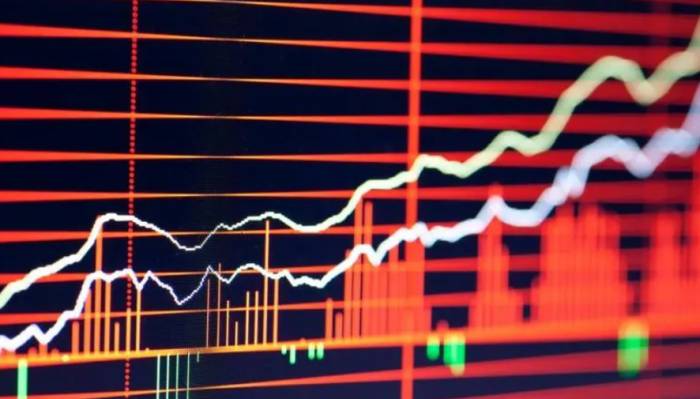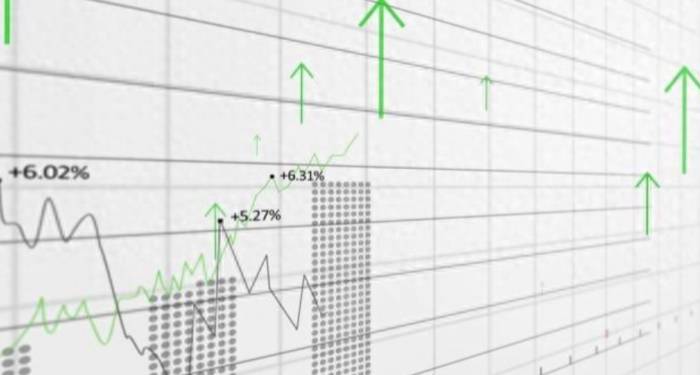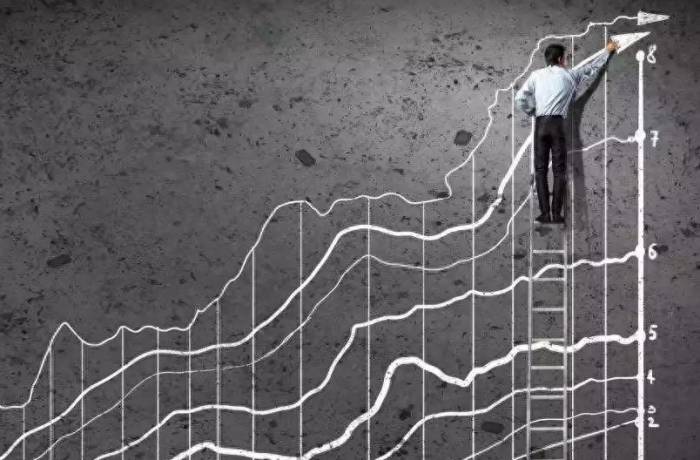In the trading market, everyone wants to make a continuous and stable profit, but even the trading masters we are familiar with find it difficult to truly achieve this, and some even encounter Waterloo in trading. However, there is such a legendary figure, rated by the American CNBC as the second-best trader in the world, second only to Soros, who has been making profits without losses for 35 years. He is Paul Tudor Jones.
In fact, his most astonishing achievement is not that he has made a lot of money, but his ability to continuously make profits. Unlike value investors like Buffett, Jones pays great attention to technical analysis and is "proud of it." He has his own set of trading skills, which is very worth learning by comparison.
Jones's trading principle: Do not average orders
After a batch of orders enters the market, if the market goes against the expectation, it indicates that the judgment may be problematic. Blindly averaging the price by adding orders may be slightly better, but if the direction is wrong, the newly added orders are just adding mistakes to mistakes. On the contrary, if you believe the direction is correct, but the price is not good enough, there is no need to be too particular. Jones believes that where to enter the order is not important, the key is whether you are bullish or bearish for the day.
Jones's trading strategy: Do not follow the trend, rarely chase the trend, and like to make money at the turning point
Once he finds such an opportunity, he enters the market to bottom fish or top sell. If he is wrong, he will immediately cut the order and try again. It is often after trying several times that he starts to make a lot of money.
Many people in the market believe that blindly looking for the bottom or top is very dangerous, and it is best to make money by catching the middle part of the trend. However, Jones has successfully caught many tops and bottoms over the past decade. Jones's theory is: those who follow the trend need to make money in the middle part, and the stop-loss order must be set very far away. Once forced to cut the order, the loss is great. Besides, the market only has a trend in 15% of the time, and the rest of the time is horizontal. So he prefers to do both ends.
Jones's trading philosophy:
1. Reduce positions when your trading is not going well; increase positions when your trading is going well.Never trade in situations that are beyond your control. For instance, I would not heavily invest in a particular currency before the release of important data, because this is not trading, it's gambling.
2. Exit immediately when the price trend is contrary to expectations.
If the price trend is different from what you anticipated and it makes you uneasy, the best solution is to exit immediately, as you can always choose to come back later. Nothing is better than a fresh start.
3. Don't worry about when to enter the market; what's important is your view on the direction of the trade.
Don't worry about when you should enter the market. The key question is whether you are bullish or bearish for the day. Just choose the closing price of the previous day as your entry point. Jones once said, "Whenever a novice asks me whether I am bullish or bearish, I always tell them that my opinion has no impact on the market's own bullish or bearish trend, including the risk/reward ratio."
4. The most important principle in trading is defense, not offense.
"Every day, I assume that my positions are in the wrong direction. I keep a close eye on my stop-loss points so that I can control my maximum loss. I hope the market aligns with my expectations, but if I am wrong, I have an exit plan as a safety net." Jones described his trading operations in this way.
5. Don't try to be a "hero."
Always question your abilities and judgment, and don't feel too good about yourself. Once you do this, you have already lost. The greatest speculator in history, Jesse Livermore, believed that you can never defeat the market in the long run. Even if your trading is going smoothly, don't think you have an excellent predictive ability. You need to have confidence, but always examine this confidence.
Related Articles


The eight classic trading rules summarized by technical analysis master John Mur

Correct risk management is the foundation of profit, and the risk management sec

To make a profit in trading, in fact, there are these three methods



The mysterious scalping trading, like a "hacker" to make a profit in a flash!

Before trading orders, it is very important to do these points seriously!





Full of dry goods! Watch the top experts solve trading problems

To do a good trade, you must know: the eight characteristics of the market!

From poker player to king of hedge, the investment life of hedge "Jordan" Steven

Trading indicators don't work after a while! How to improve the accuracy of trad

If you want to keep making a profit in trading, it is necessary to cultivate and


4 pullback handling strategies for trend traders!

The eight cognitive biases in currency trading, do you understand?

I am very accurate in looking at the plate, and the analysis accuracy is very hi


Get rid of "group thinking" and pick the fruits of trading victory

Crack these two major dead ends and let profits "run"

The three-step song of trading to achieve "excessive returns"

From trading poison to invincible general, Larry Benedict has been unbeaten for


Quantitative trading: Technology is not the most important issue that determines

Why is the execution always lacking in currency trading? The crux and prescripti

Discussion